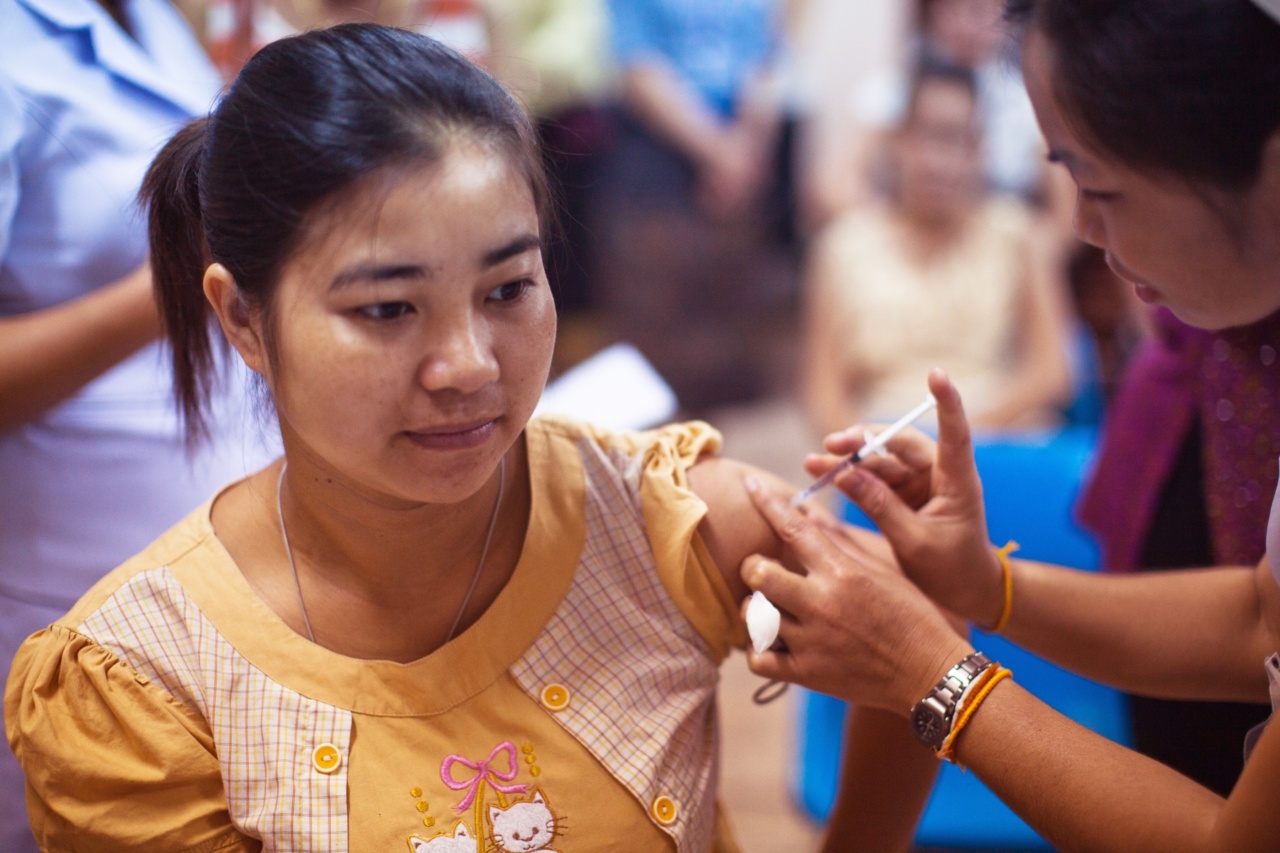Human Papillomavirus (HPV) is a common sexually transmitted infection that affects both men and women.
However, women are particularly vulnerable to the effects of HPV, as it can lead to serious health issues such as cervical cancer, genital warts, and other types of cancer. The HPV vaccine is a highly effective way for women to protect themselves from the potential negative effects of this virus.
What is HPV?
HPV is a group of viruses that can be transmitted through sexual contact. It is the most common sexually transmitted infection in the United States, with over 79 million people currently infected.
It is estimated that nearly all sexually active adults will get HPV at some point in their lives.
The virus can be especially dangerous to women, as it can lead to cervical cancer. It can also cause other types of cancer, including vaginal, vulvar, anal, and throat cancer.
In addition to cancer, HPV can cause genital warts, which can be unsightly and uncomfortable.
What is the HPV vaccine?
The HPV vaccine is a vaccine that can help protect against the HPV virus. There are currently two main types of HPV vaccines available: Gardasil and Cervarix.
Both vaccines are highly effective in preventing the types of HPV that are most likely to cause cancer and genital warts.
The vaccine is given in three doses over a period of six months. It is recommended that girls and boys be vaccinated between the ages of 11 and 12, as this is before they become sexually active.
However, the vaccine can be given to anyone between the ages of 9 and 26. Men and women who are sexually active can also benefit from the vaccine, as it can protect against the types of HPV that they have not yet been exposed to.
Why is the HPV vaccine important for women?
Women are particularly vulnerable to the negative effects of HPV, as the virus can lead to cervical cancer. Cervical cancer is the second most common type of cancer in women worldwide, with an estimated 570,000 cases diagnosed each year.
In the United States, around 13,000 women are diagnosed with cervical cancer each year, and around 4,000 women die from the disease.
The HPV vaccine is highly effective in preventing the types of HPV that can lead to cervical cancer. In fact, studies have shown that the vaccine can prevent up to 90% of cervical, anal, and genital cancers.
By getting vaccinated, women can protect themselves from this deadly disease.
What are the benefits of the HPV vaccine?
There are several benefits to getting the HPV vaccine, including:.
- Protection against the types of HPV that can cause cancer and genital warts
- Reduced risk of developing cervical cancer
- Reduced risk of developing other types of cancer, including vaginal, vulvar, anal, and throat cancer
- Reduced need for cancer screenings and other medical procedures
- Protection against HPV-related diseases for both women and men
Are there any risks or side effects?
Like any vaccine, the HPV vaccine can cause side effects. The most common side effects are pain and swelling at the injection site, fever, headache, and nausea. These side effects are usually mild and go away on their own within a few days.
Some people may experience more serious side effects, such as an allergic reaction. However, these side effects are rare. The benefits of getting the vaccine far outweigh the risks.
Conclusion
The HPV vaccine is a highly effective way for women to protect themselves from the potential negative effects of the HPV virus.
By getting vaccinated, women can greatly reduce their risk of developing cervical cancer and other types of cancer caused by HPV. If you are a woman between the ages of 9 and 26, talk to your doctor about getting the HPV vaccine.































